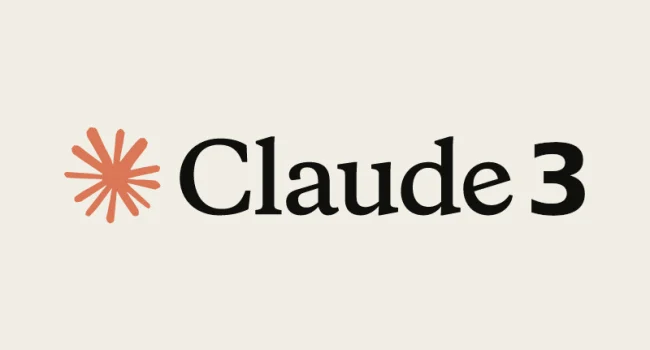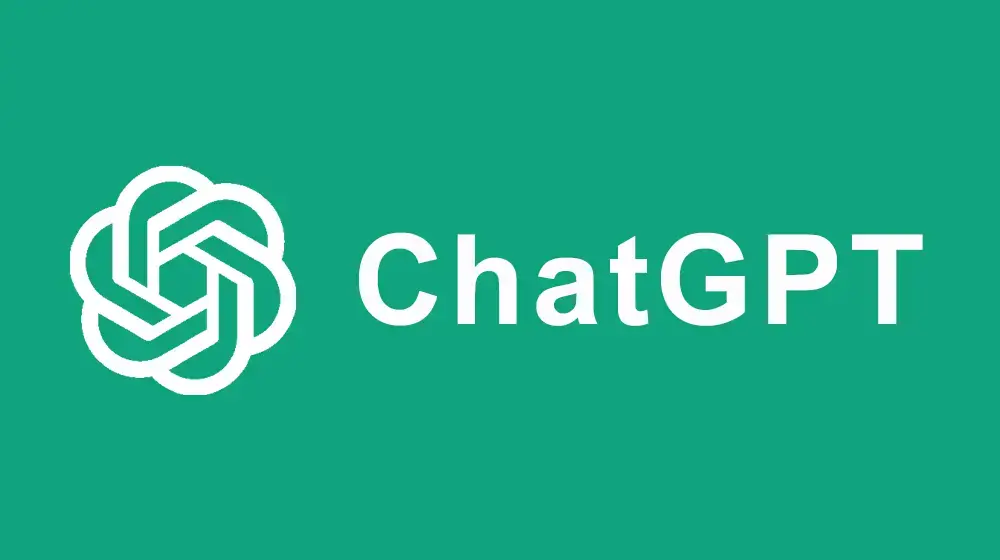 Two decades ago, an ad hoc coalition of major companies (mostly acting behind the scenes), open source developers, and technology freedom advocates led an effort to challenge Microsoft for control of the desktop. The weapon at their disposal was the …
Two decades ago, an ad hoc coalition of major companies (mostly acting behind the scenes), open source developers, and technology freedom advocates led an effort to challenge Microsoft for control of the desktop. The weapon at their disposal was the …
On March 4, 2024, a researcher named Alex Albert posted what he referred to as a “fun fact” deriving from his testing of Claude 3 Opus, the most advanced large language model chatbot released to date by Anthropic, one of …
The following article was co-written with Michele Herman of JustTech
Open source software and open standards have many similarities but the legal frameworks under which each are created have real and important differences. Nonetheless there is an increasing desire to …
The U.S. Department of Commerce Bureau of Industry and Security (BIS) added Chinese 5G technology giant Huawei to its Entity List more than three years ago. The immediate result was the spread of uncertainty and doubt among the hundreds of …
The unleashing of unprovoked acts of violence against the people of Ukraine has both horrified and united much of the world against Russia. Even historically neutral Switzerland has condemned Putin’s aggression. And aid is flooding into the beleaguered democracy from …
It is now seven months since Joe Biden took office. During that time, his administration has announced many positions and policies while continuing to work on others. One policy area previous administrations have too often neglected relates to standards, despite …
It’s been almost twenty years since ConsortiumInfo.org first went live, and eighteen since I posted my first Standards Blog entry (since then, the first two years of blog posts have mysteriously disappeared). It was a pretty humble offering back in …
It’s been fifteen years since the federal best practices standard for voting machines was last amended. During the intervening time we’ve seen Russian interference in the 2016 elections and allegations of fraud in the 2020 contest. Clearly, strong standards are …
 Two decades ago, an ad hoc coalition of major companies (mostly acting behind the scenes), open source developers, and technology freedom advocates led an effort to challenge Microsoft for control of the desktop. The weapon at their disposal was the …
Two decades ago, an ad hoc coalition of major companies (mostly acting behind the scenes), open source developers, and technology freedom advocates led an effort to challenge Microsoft for control of the desktop. The weapon at their disposal was the …


